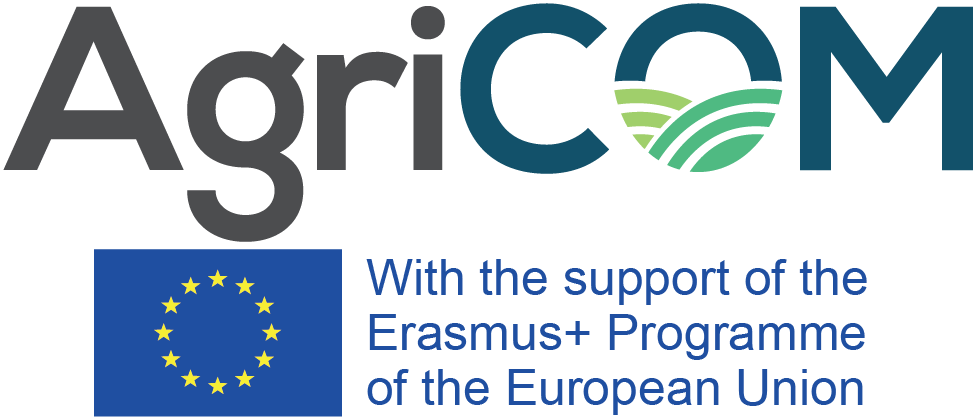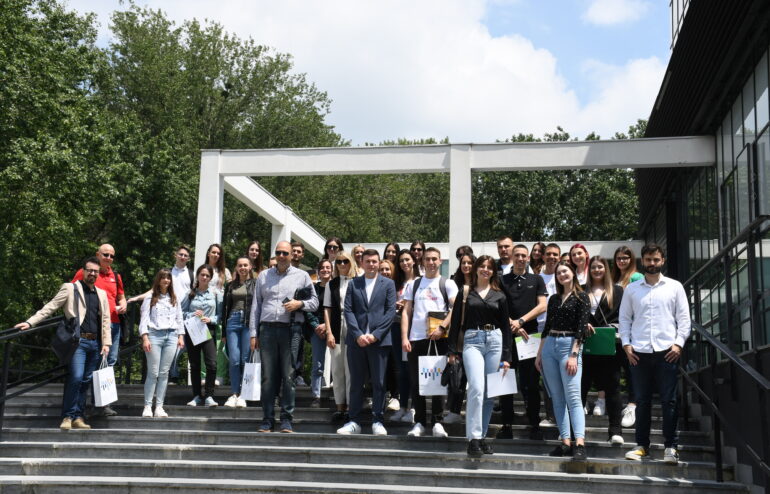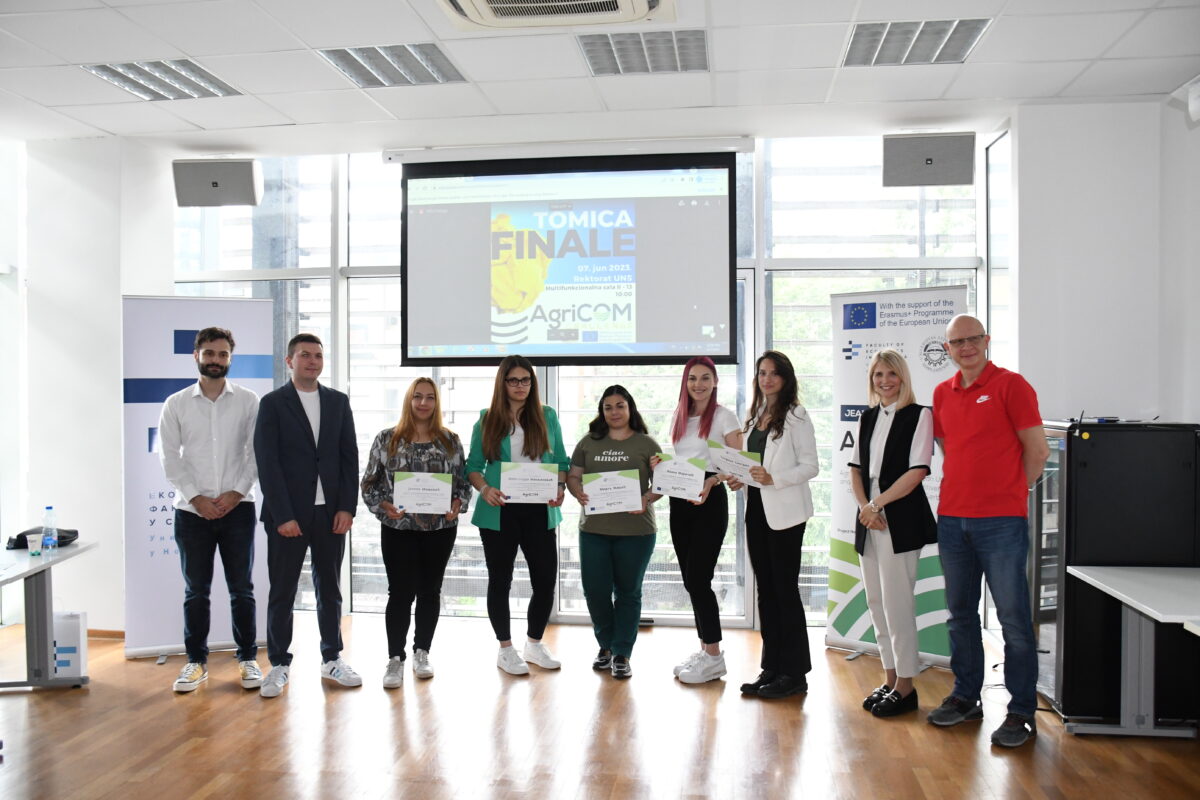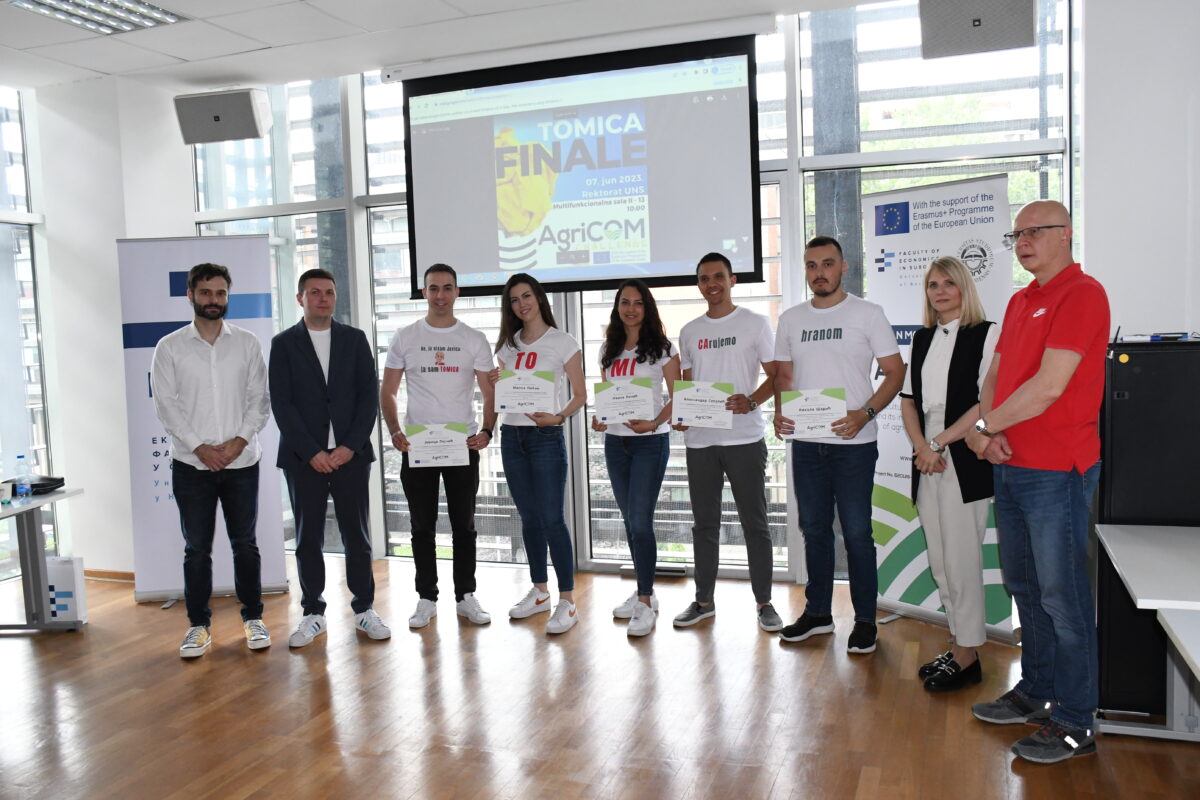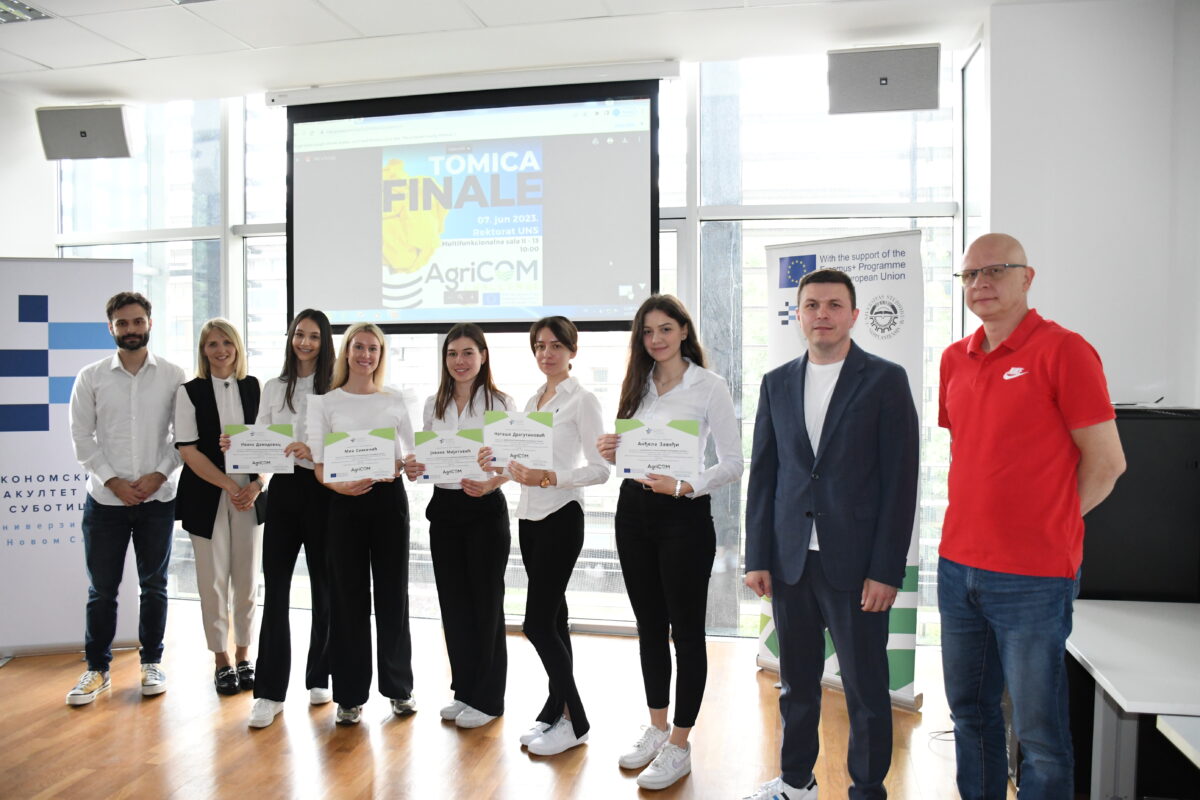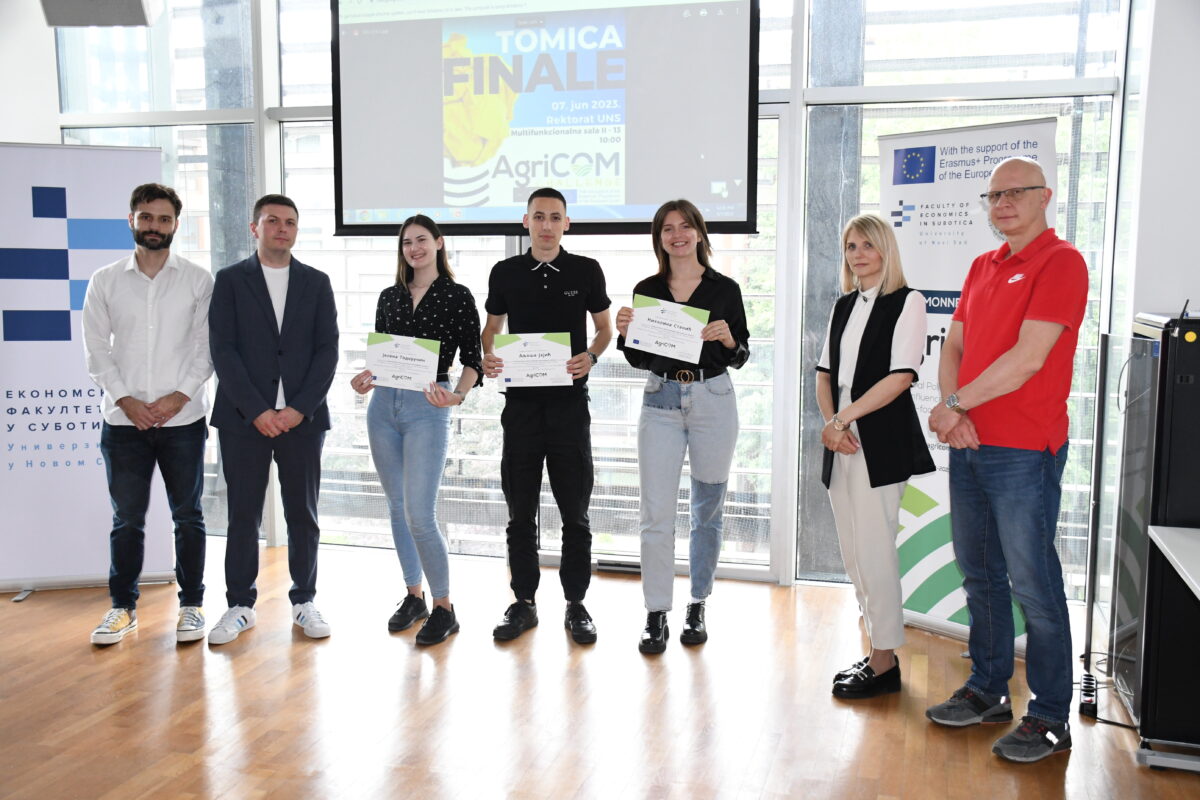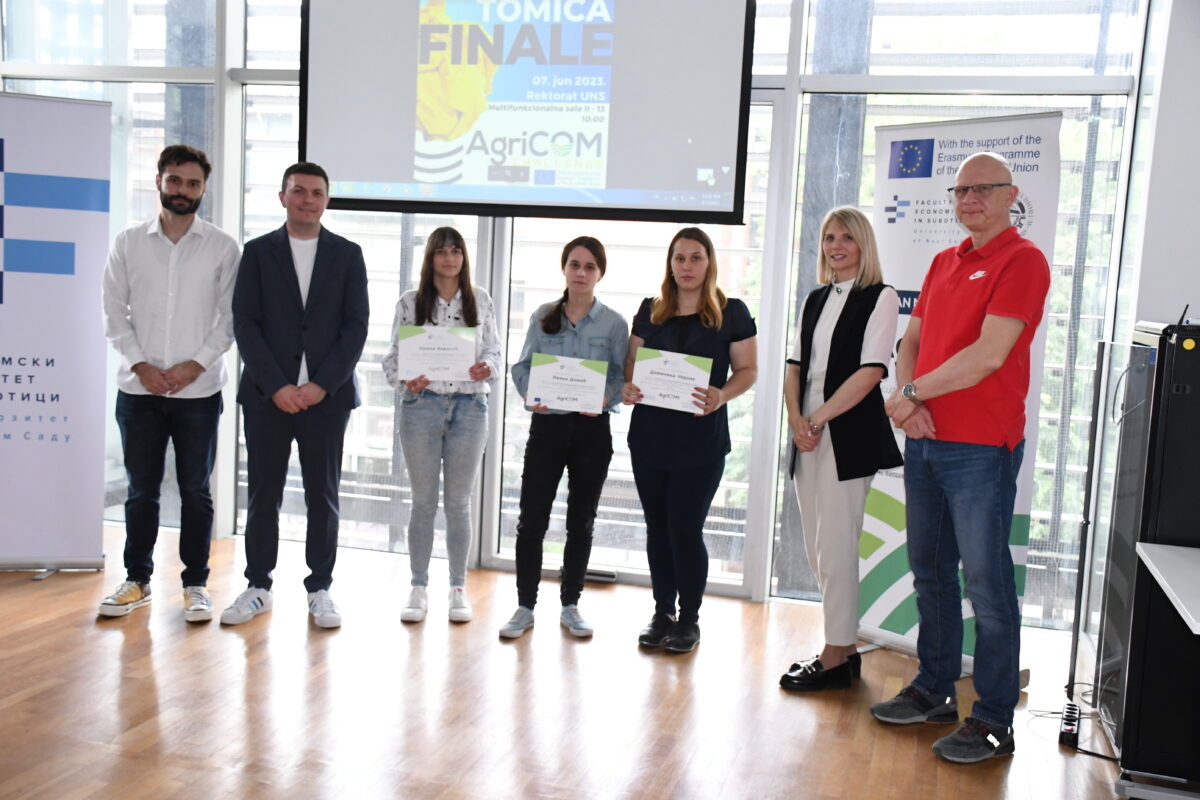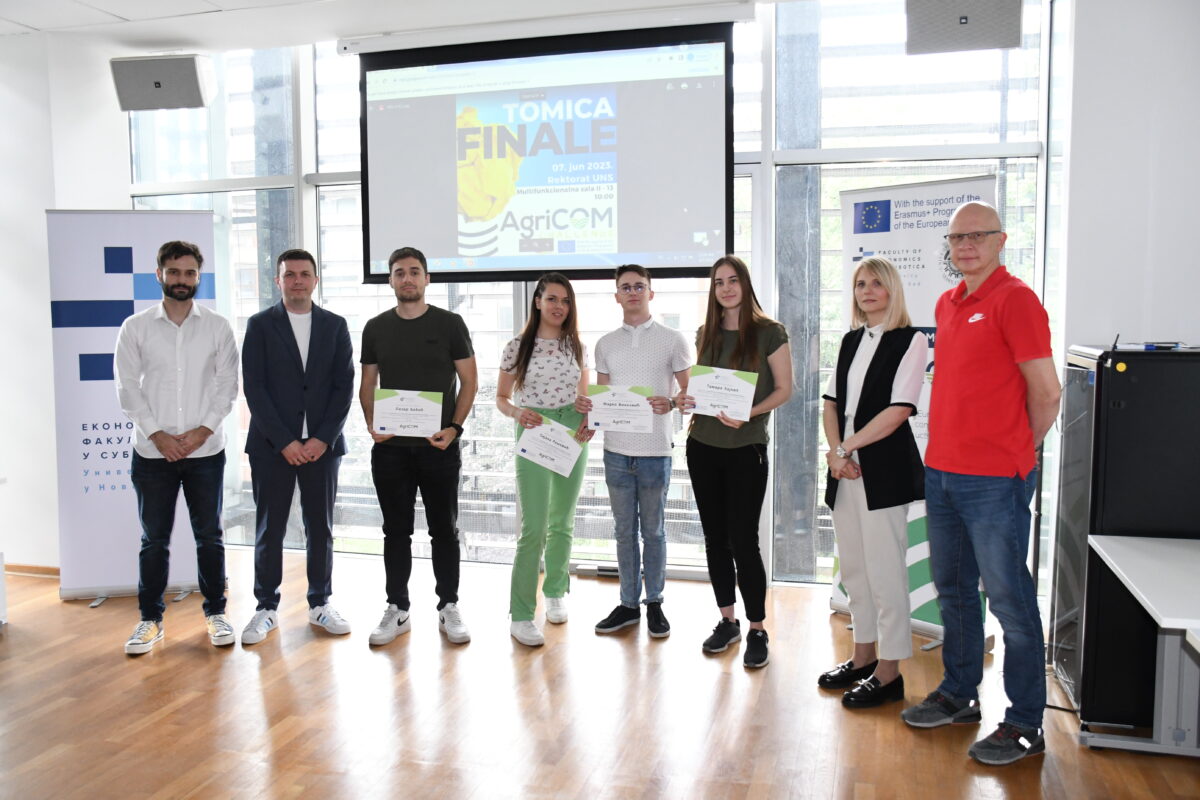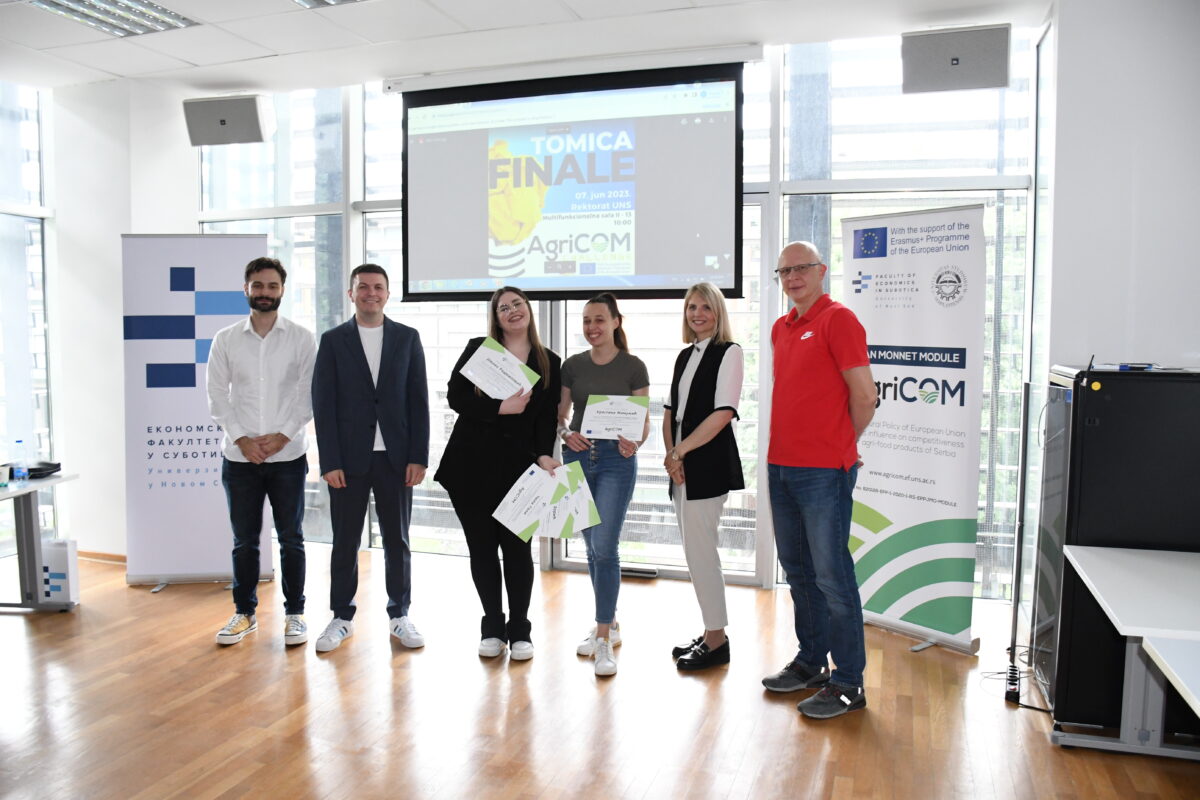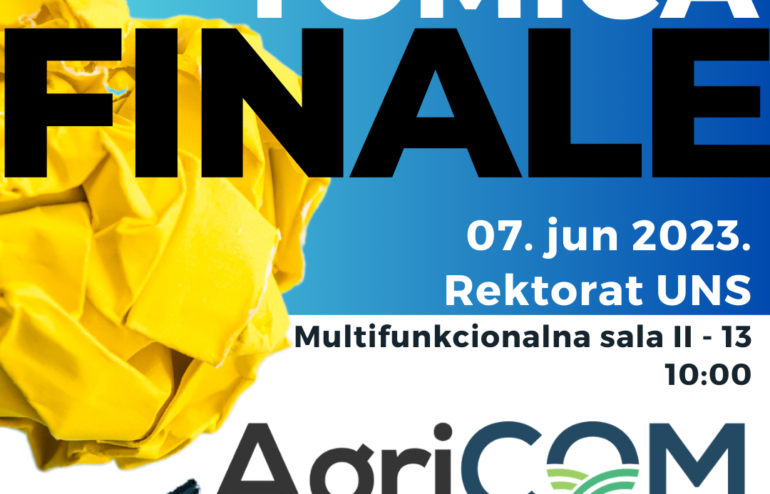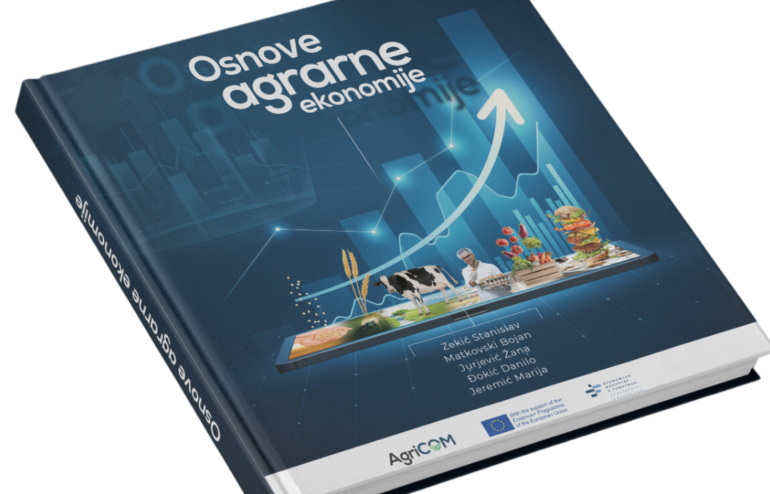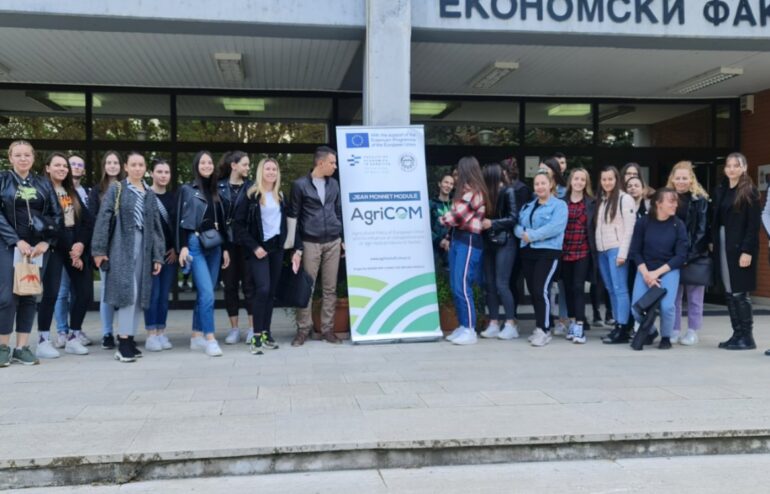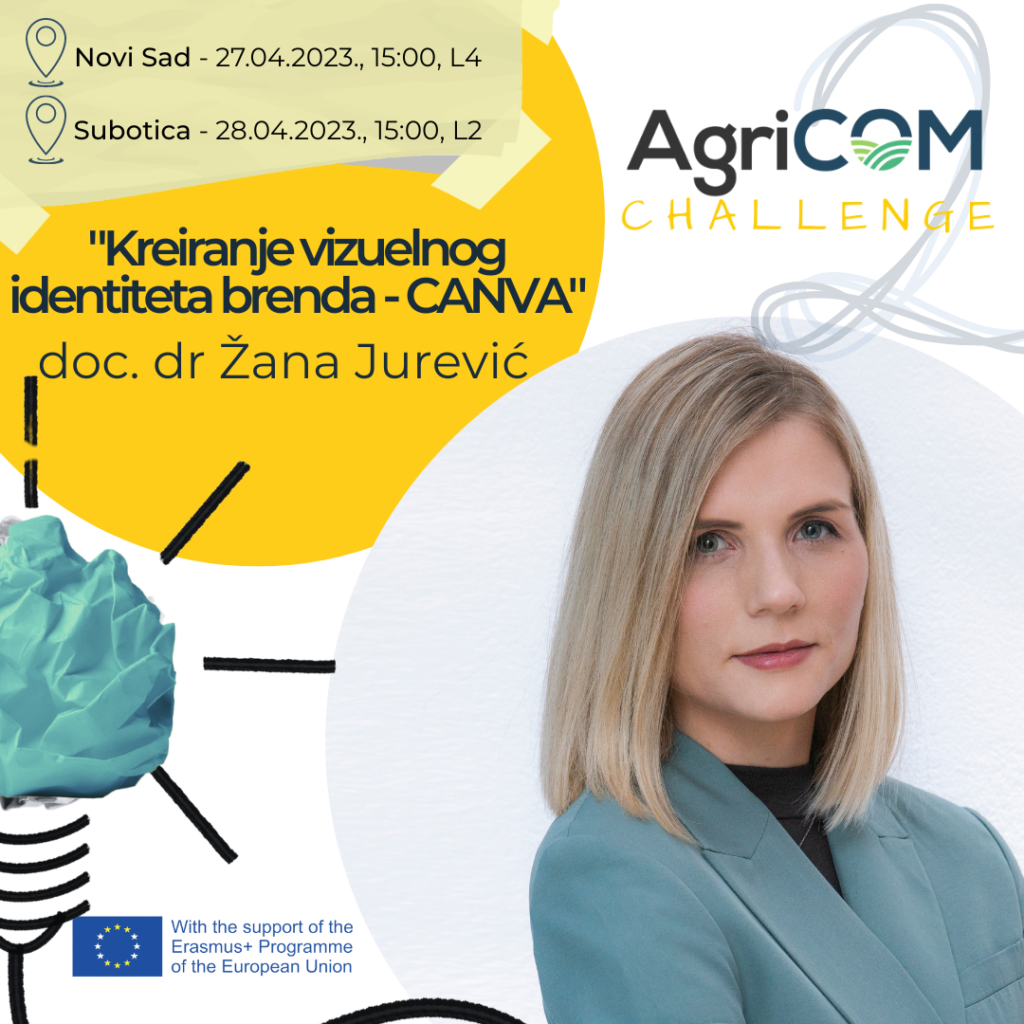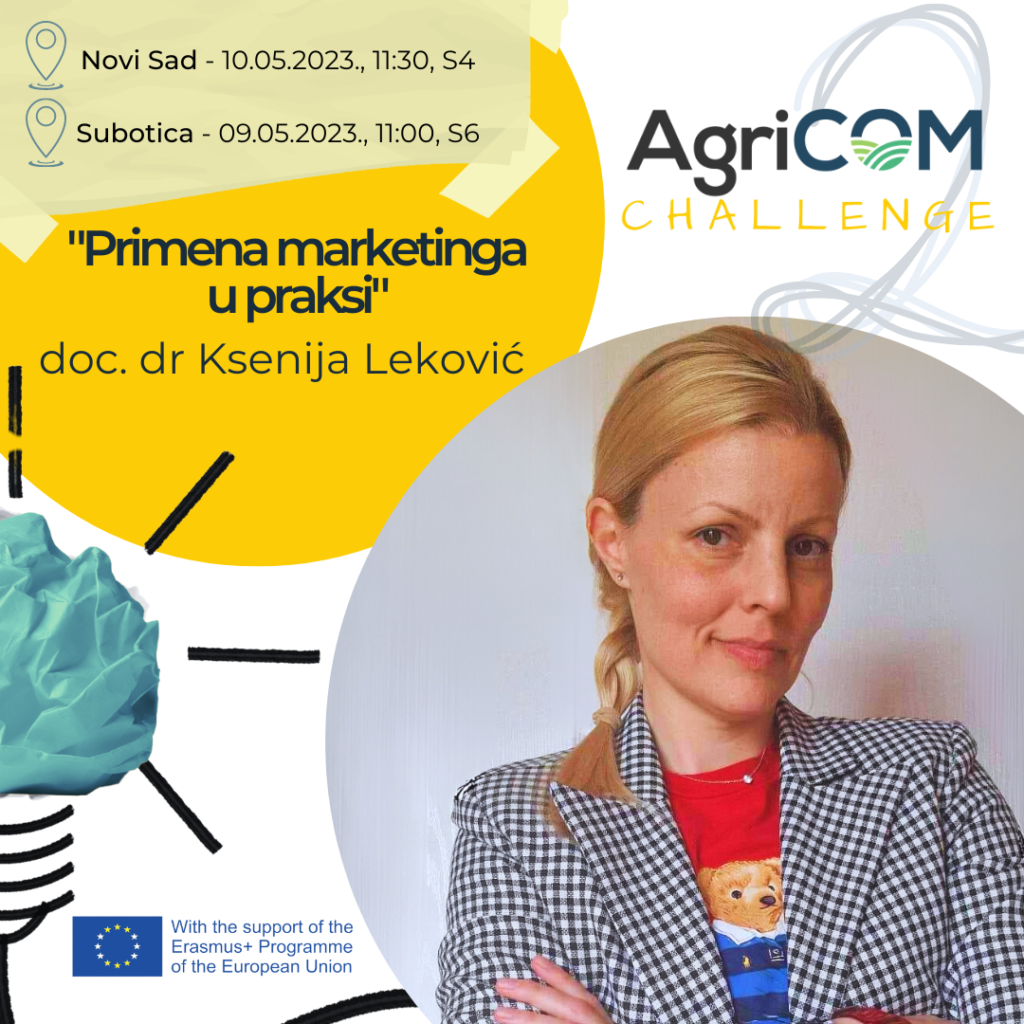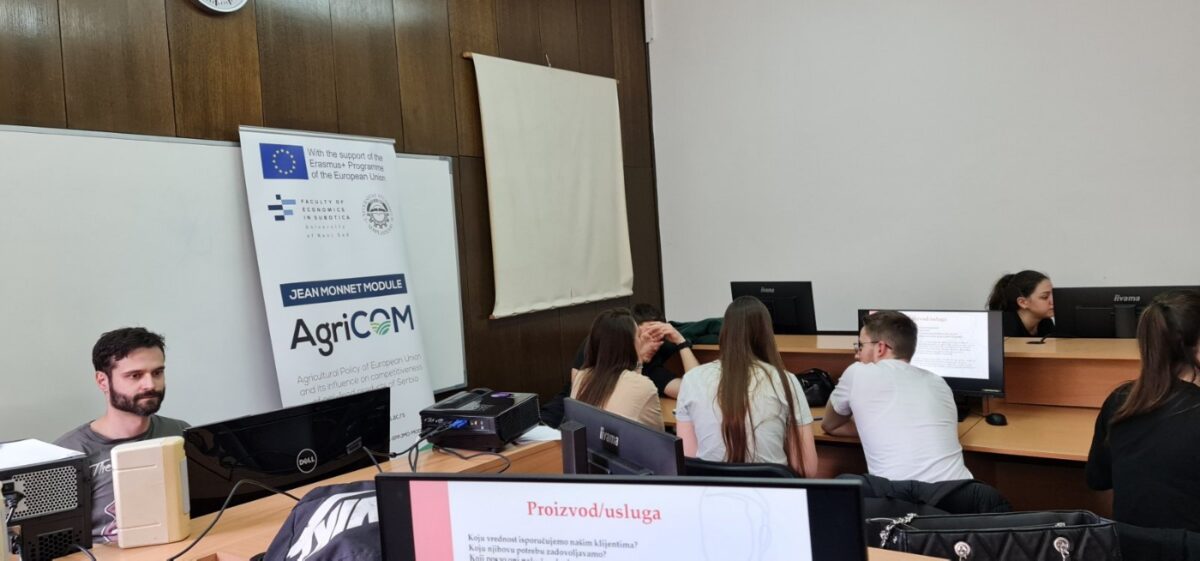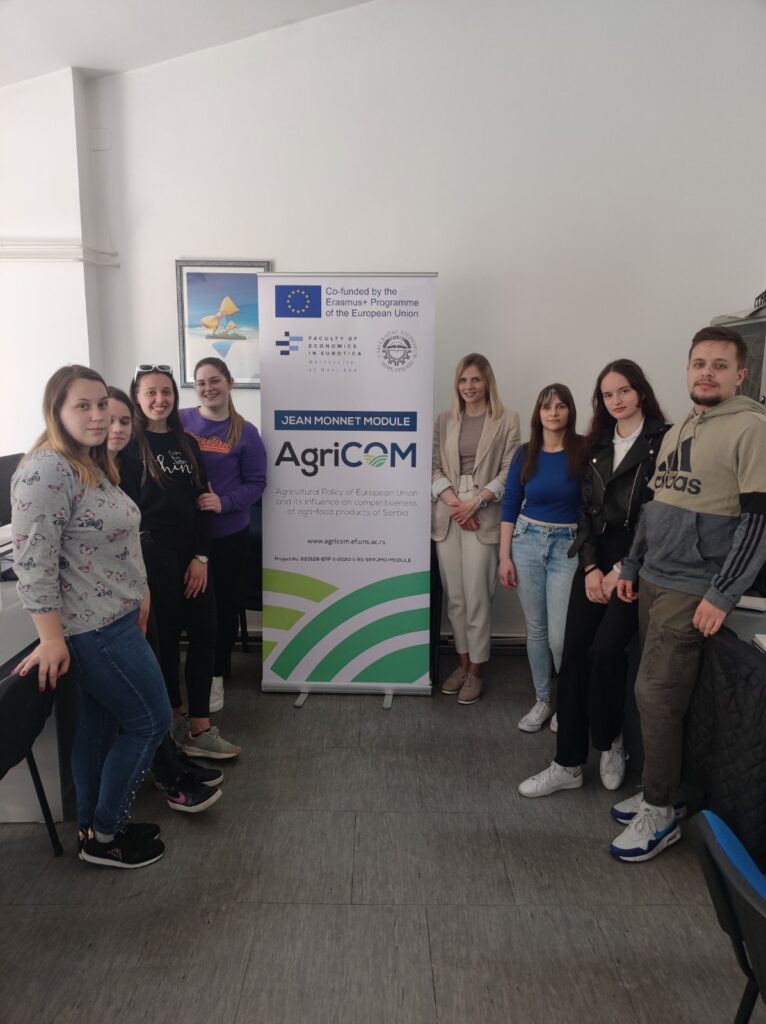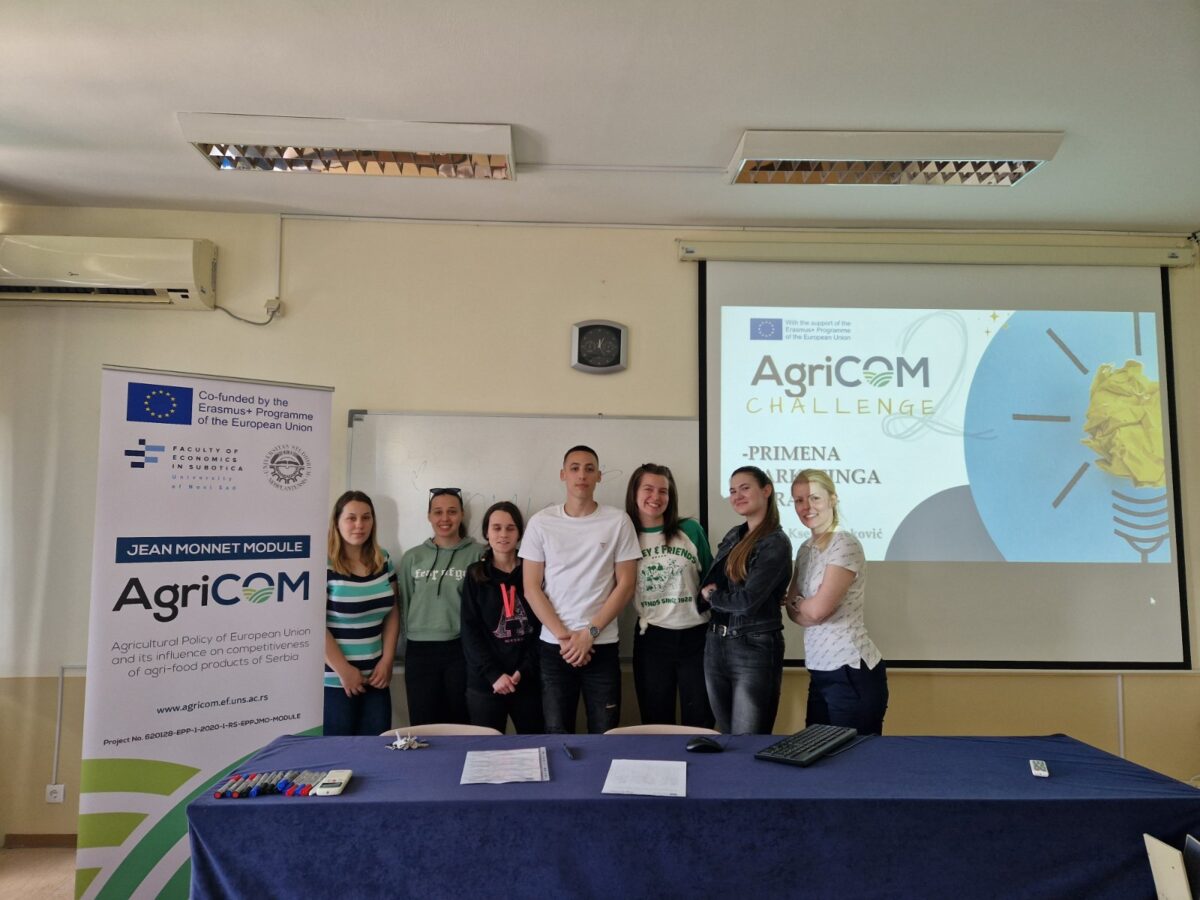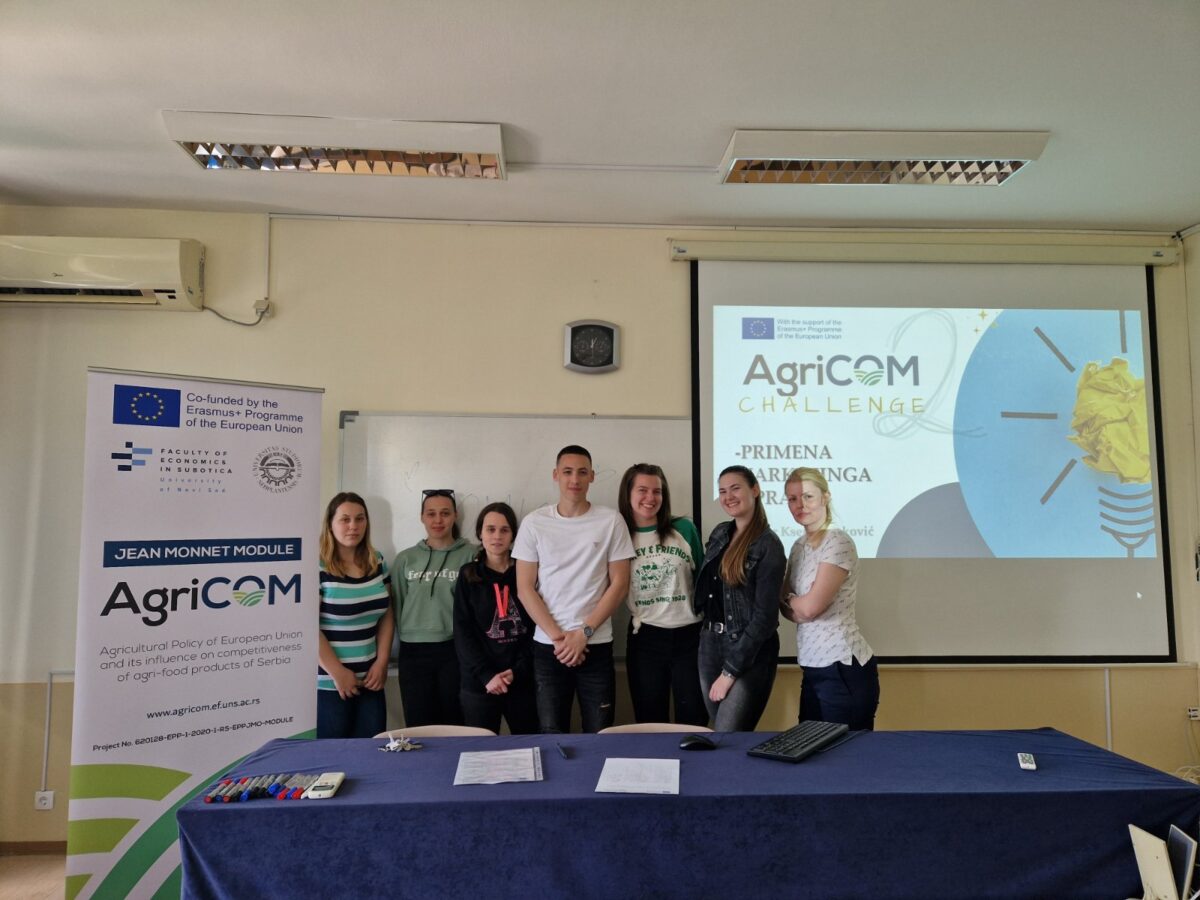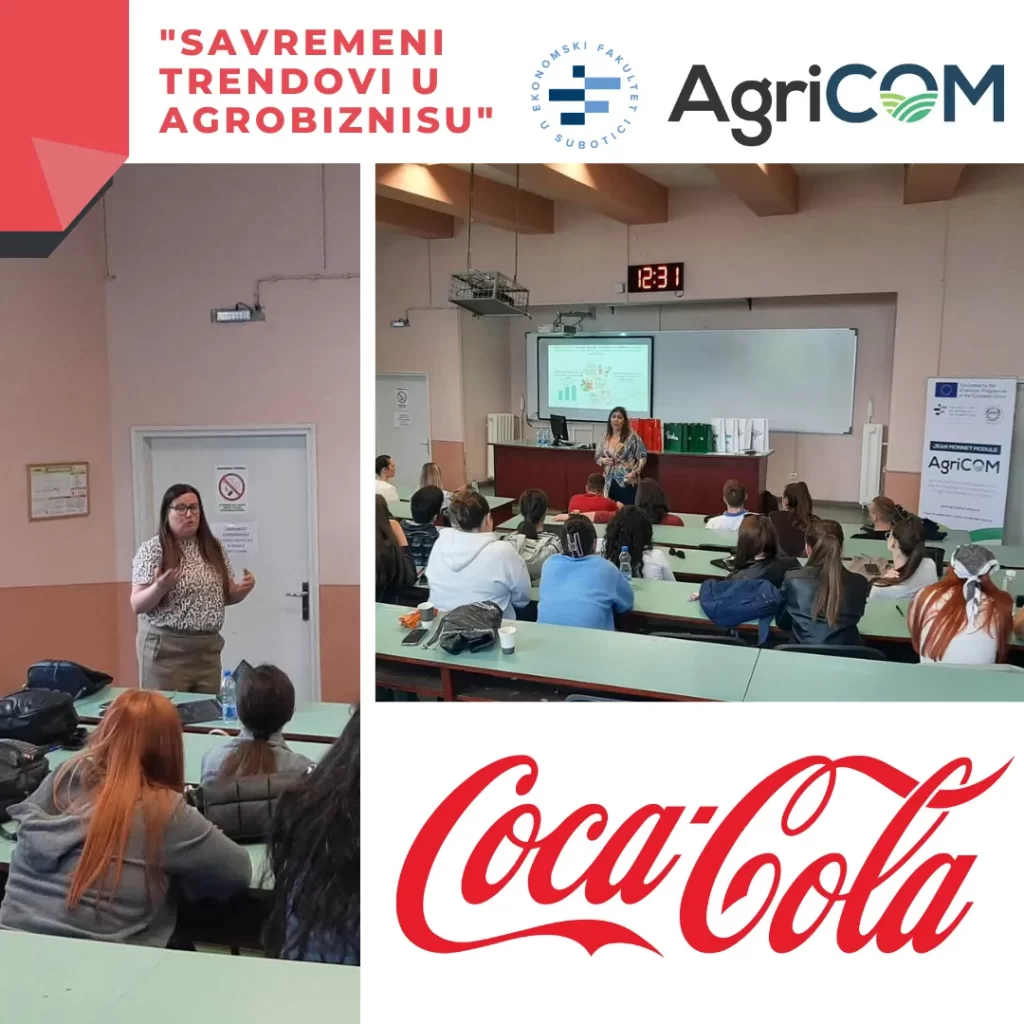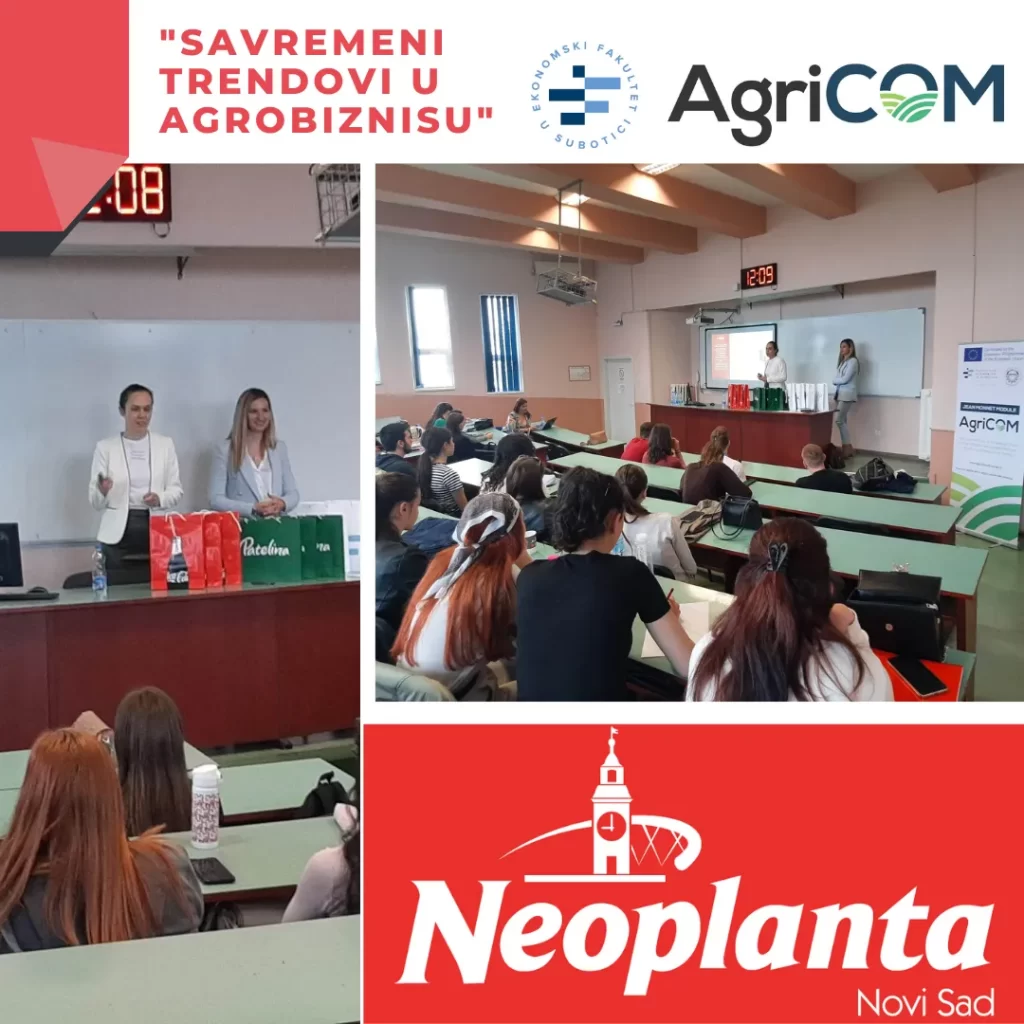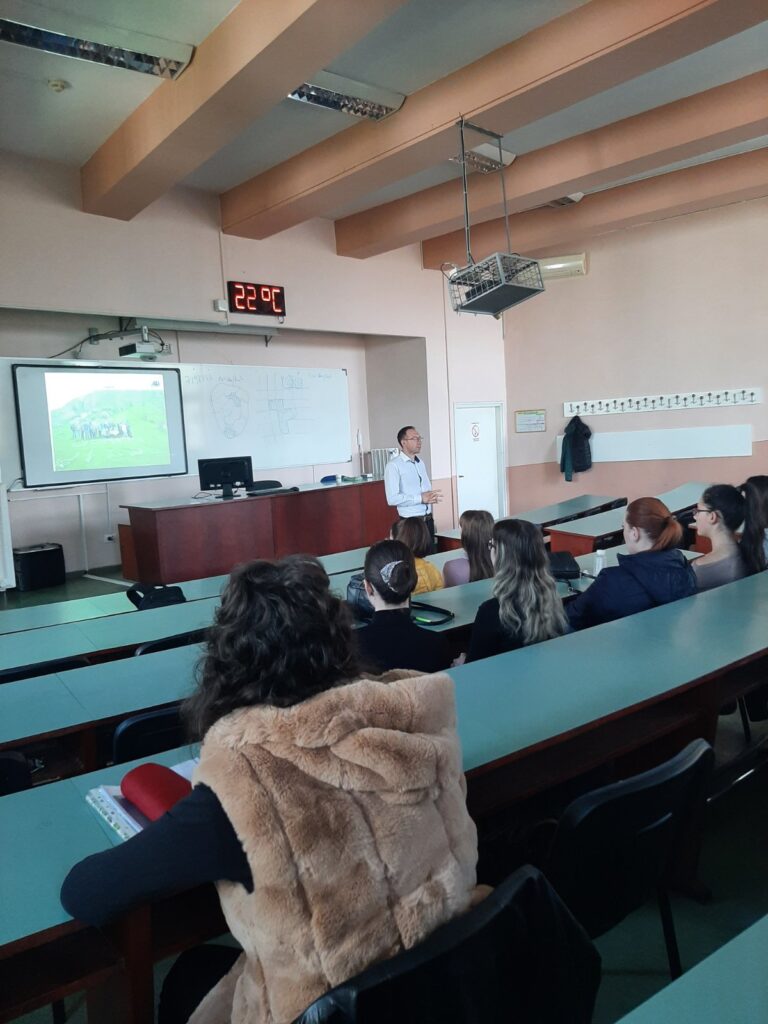Đokić, D., Zekić, S., Brcanov, D., & Matkovski, B. (2023). Estimation of contribution of production factors to an agricultural output change in emerging and developing Europe. Outlook on Agriculture, 00307270231221811.
Countries of Emerging and Developing Europe (EDE) significantly transformed their agri-food sector in the last decades, and it has specific implications for agricultural tendencies and the economy of these countries. This research focuses on the sources of growth of agricultural production in countries belonging to EDE, as the former communist countries classified by the International Monetary Fund. This group of countries is particularly interesting because there is room for further growth in agricultural production, which can be crucial in times of crisis. This article’s main objective is to estimate agriculture’s production function and analyze the relationship between agricultural output and used inputs. Based on data for the period 2008 to 2019, results showed that the increase in the use of mineral fertilizers is a key source of production growth among production factors. Due to the economic importance of fertilizer use and its environmental effect, it can be concluded that agricultural policy must be created carefully in these countries to achieve a balance between economic, social, and environmental goals.
